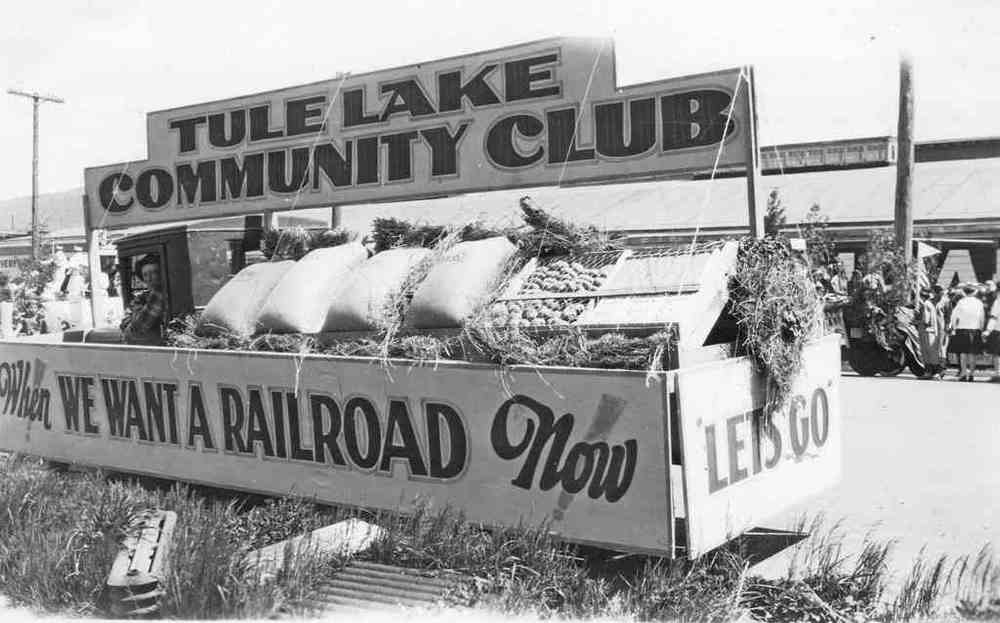 People under rate how hard it is to build an online community. It takes months and years of careful work. Yet, it's increasingly a task being asked of communications. Here's what one person learned from a course acknowledged as one of the best.
People under rate how hard it is to build an online community. It takes months and years of careful work. Yet, it's increasingly a task being asked of communications. Here's what one person learned from a course acknowledged as one of the best.
When I was asked a while ago why I'd signed up for the Online Community Management course, run by Feverbee, it took me a moment to decide how to answer. Should I try to say something clever or be honest? In the end I plumped for honest: "I'm here because I am called an online community manager and I'd quite like it to mean something."
It got a laugh, but I'm guessing my flippancy also revealed a little about my own attitude to communities - and how it was about to get turned upside down. Here are some of the hard and important lessons I learned in my first of three semesters on the course.
- Building great communities takes patience: The plain fact is that communities won't really get going for quite a long time. We're talking years here, often, and that can be difficult to come to terms with - especially if you're looking to run a project that might need to show some return in a few months.
- Community building starts at home: We're all members of communities and if you're trying to understand how to attract people to an online community think about the connections you make and what binds you to others. And start building your community with the people you already know - it's a lot easier to attract folk with whom you already have a connection.
- Well-known bloggers and tweeters won't be your best community members: There's a desire to seek out and invite the folk you're already aware of online when you're starting. But often these aren't the people who'll be your best members because they already have their own audience. Instead you should seek out people who'll fit with a very specific, identifiable group.
- It's all about the numbers - but not how many people join: If you concentrate on attracting lots of people to visit and join a community when it's not thriving they'll be disappointed. It'd be like moving into a village and visiting the local pub only to find it's boarded up. Instead you need to build a pioneering group who can interact with each other sufficiently to make the community self-sustaining. It's therefore interactions (rather than joiners) that is the key stat.
- Online communities should really, really matter for government: In the networked society, the online community is king - well, if not king, it's certainly important. Understanding the dynamics of how people interact (and assemble) online has to be something that government (local and national) takes more and more seriously. Communities exist throughout social media (not just in forums) and can play a key role in how we develop online civic life.
Andrew Brightwell is Public-i's online communities manager. You can find out more about Feverbee here.
